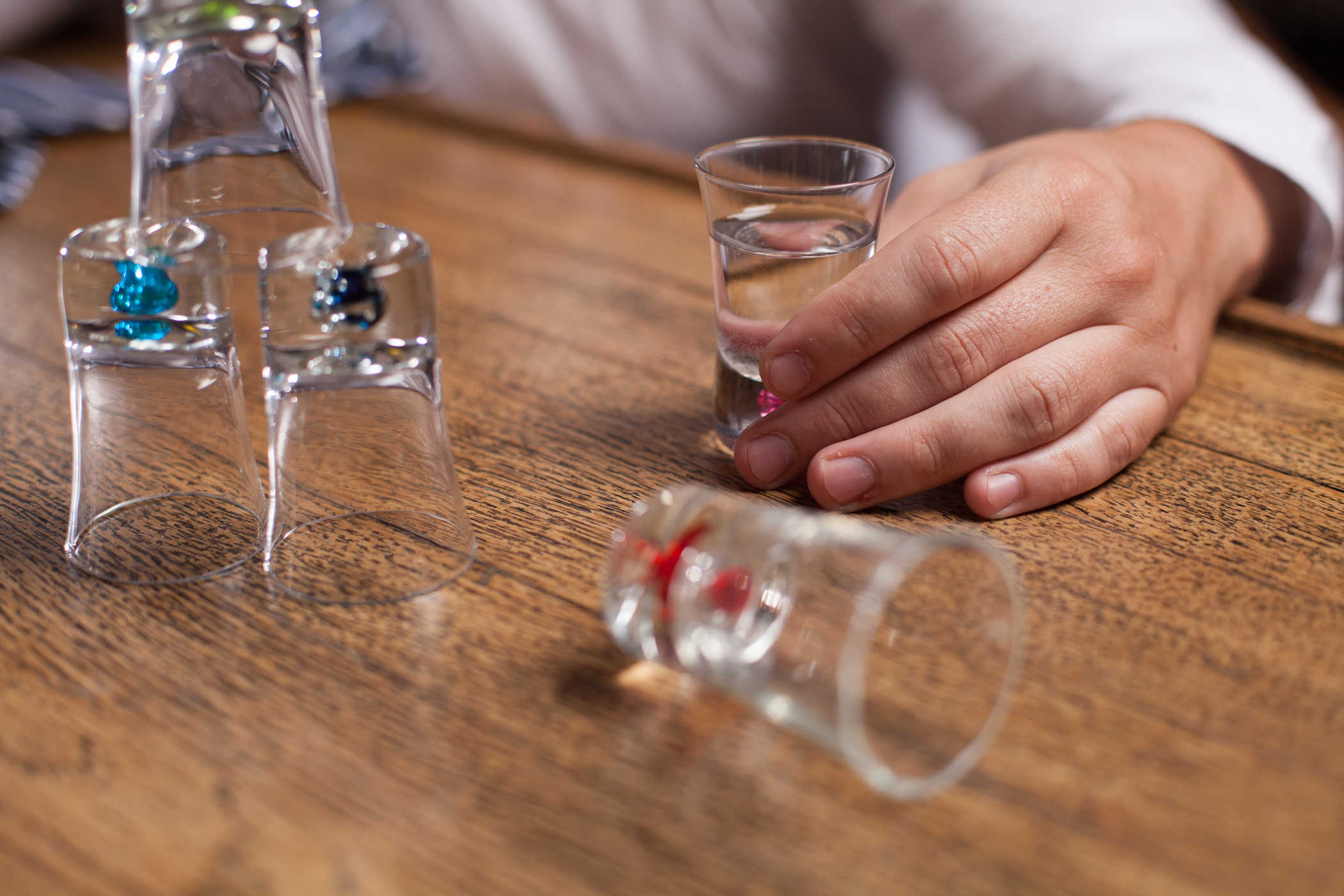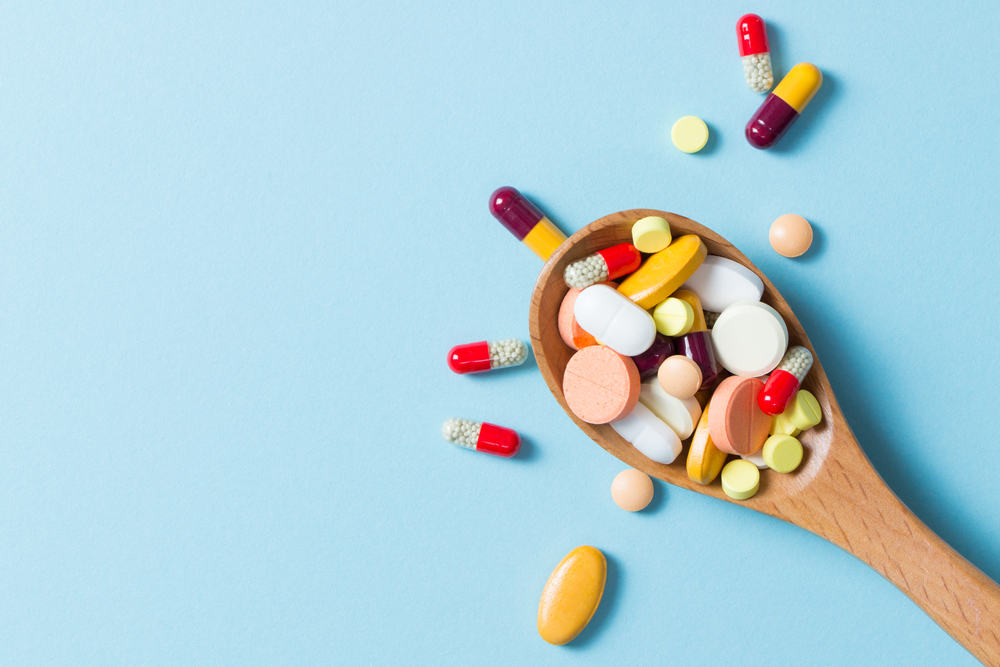Contents:
Medical Video: I Drank a Glass of Wine Every Day, See What Happened to Me
Many people can enjoy one or two glasses of liquor without having significant problems. But, spending the weekend by binge drinking, aka binge drinking, can have very serious health consequences.
What is binge drinking?
Binge drinking is when someone drinks lots of consecutive liquor in a short time, aiming to get drunk. Binge drinking is classified as an activity of consuming 5 cups or more alcoholic drinks for men, and 4 cups or more for women in approximately two hours.
Binge drinking activities will bring a person's blood alcohol level to rise by 0.08 percent or more. Drunk liquor can jeopardize personal safety, including dizzy heads, talk slurred, lose coordination of limbs, diarrhea, vomiting, poor work of common sense and self-control, or even loss of memory or awareness.
Various serious health problems arising from consuming alcoholic drinks are beyond reasonable limits
In addition to the commonly known direct effects of getting drunk from drinking too much liquor - nausea and vomiting, for example - binge drinking and the chronic habit of drinking alcohol can affect you in various ways.
1. Brain damage
Routine binge drinking routines (more than four times per month) can cause permanent brain damage, serious psychiatric disorders, such as anxiety, depression to schizophrenia, and build a dependence on alcohol or become an alcoholic.
Reporting from US News, signs of alcohol abuse and dependence including the inability to control "hobbies" to drink, attachment to liquor, sustainable consumption apart from negative physical and mental effects, and signs of satiety when trying to stop or reduce liquor
Alcohol can damage more than one part of the brain, affecting how a person behaves and behaves, including the ability to learn and remember.
2. Heart disease
The amount of alcohol you consume has a direct relationship to your blood pressure. Taking three glasses of liquor or more on one occasion can temporarily increase your blood pressure, however, the habit of getting involved in regular alcoholic drinks can cause an increased risk of developing hypertension in the long run.
Hypertension increases your risk of having a heart attack, stroke, or congestive heart failure. The level of alcohol in the blood that exceeds the normal limit can also weaken the heart muscles, which will also affect the lungs, liver, brain, and other organ systems in the body. Binge drinking can cause abnormal heartbeat (cardiac arrhythmias) to work and has been linked to sudden death.
Hypertension can also increase your risk of chronic kidney disease.
3. Cancer
Alcohol is a carcinogen compound that can very easily affect the parts around the head and neck.
Routinely involved in binge drinking activities (more than four times a month) can also increase your risk of developing several types of cancer, including cancers of the mouth and throat, esophagus, liver and breast.
Drinking large amounts of liquor and routine and accompanied by smoking has been associated with an increase in mouth and throat cancer by 80 percent in men and 65 percent in women.
4. Lung problems
When a person vomits due to drinking alcohol, he can choke if the vomit blocks the respiratory tract and some of the residue is sucked into the lungs. This is fatal.
Someone who is involved in drinking alcohol and drinking liquor outside the reasonable limits is more likely to develop lung infection and suffer from lung collapse, and pneumonia.
5. Liver disorders
Alcohol is toxic to the body. Drinking large amounts of alcohol in a short time will initially cause fat buildup in the liver. When this binge drinking habit continues, the liver will experience inflammation, causing alcoholic hepatitis, which results in liver failure and death.
The habit of drinking too much alcohol can create permanent wounds and damage to the liver, which results in you developing liver cirrhosis and an increased risk of liver cancer.
Women are more vulnerable to the negative effects of alcohol on liver health.
6. Stomach and digestive system problems
Drinking alcohol outside the reasonable limits can cause you to develop cysts in the stomach and intestines, as well as internal bleeding. Alcohol can cause an inflamed stomach (gastritis), which will hinder the smooth process of digesting important food and nutrients, while increasing the risk of stomach and colon cancer.
Chronic habits involved in binge drinking can also cause inflammation of the pancreas, which can be very painful. Not only nausea, vomiting, fever, and weight loss, but can also result in death.
7. Alcohol poisoning
If a person drinks alcohol outside his body's tolerance threshold, the alcohol content in the blood will turn out to be very toxic. You can become very confused, unresponsive, experience short breathing, even lose consciousness until coma.
When you consume alcohol, the liver will work to filter alcohol, toxic substances for the body, from the blood. The body is specifically designed to be able to work faster filtering alcohol than filtering out leftovers, because alcohol will be absorbed faster into the blood. However, the heart can only process limited amounts of alcohol at one time; about one unit of alcohol (equivalent to 1 bottle of beer 330 ml or 80 ml of red wine 13%) every one hour.
If you consume more than two units in one hour, that means you add the workload of the liver to filter out toxic alcohol residues and will continue to accumulate following your next glass. Plus, the faster you drink, the higher the alcohol level in your blood.
Alcohol affects the central nervous system, while slowing breathing and heart rate, increasing the risk of seizures, and drastic reduction in body temperature (hypothermia). Alcohol also interferes with the gag reflex system, which increases the risk of choking with vomit, if the person faints after drinking so much alcohol at one time. Blood alcohol levels can continue to increase even if the person faints.
If alcohol poisoning is very extreme, you can experience coma and ultimately lead to death.
According to the CDC, besides harming themselves, binge drinking can also threaten the safety of others. This includes the increased risk of motorized accidents and killings, sexual crimes and transmission of venereal diseases, unwanted pregnancies, child abuse, to domestic violence.
Blood alcohol levels which reached 0.08 percent are illegal limits to driving in many parts of the world, but until now Indonesia still has no legal provisions that limit the amount of concentration of legal alcohol in the blood.
READ ALSO:
- Overcome hangovers after parties in 8 easy ways
- The three things that make your hangover worse
- Various moves successfully rid themselves of alcohol












